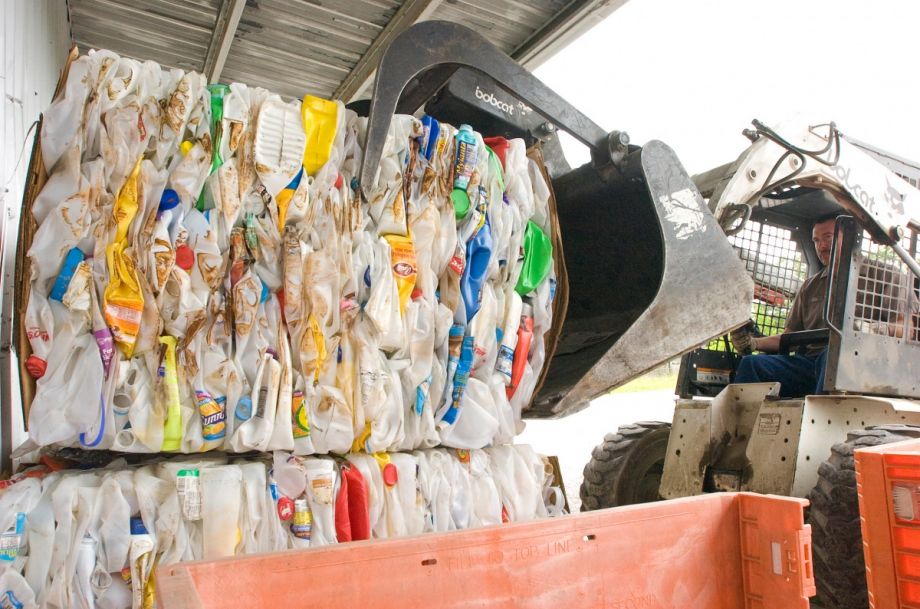All politicians, it seems, want to create “good American jobs,” but several headlines and reports about employment this week reveal why that’s easier said than done when issues such as immigration, safety and affordability are taken into account.
Debate Continues Over H-1B Visa Program Expansion
Each year, the H-1B visa program allows 65,000 foreign guest workers to fill specialty occupation positions that Americans might not be able to fill. Opponents — who include both conservatives and labor advocates — alternately claim that these workers take jobs away from Americans and that companies take advantage of these workers by paying low wages.
Supporters on the other hand — including a group of almost 50 mayors as a part of the Partnership for a New American Economy — claim that the program actually creates jobs for Americans and should be expanded. In this report, the organization claims that because many of these workers enhance the tech sector in localities like New York, Pennsylvania, New Jersey, California, Texas and Illinois, the program will create more than 700,000 jobs for U.S.-born workers.
Even so, the U.S. Labor Department has opened an investigation into two India-based outsourcing firms claiming an abuse of the program. The companies had a contract with the utility Southern California Edison, who reportedly fired 500 American workers in high-tech and engineering positions and replaced them with Indian workers brought over through the H-1B program.
Creating Stronger Protections for Recycling Workers
Recycling creates 10 times as many jobs per ton of waste than disposal in landfills or incinerators and also creates huge benefits for the environment. Unfortunately, conditions within recycling facilities have proven to be considerably dangerous for workers. In order to strengthen recycling programs in America, it will be important to create much safer workplace conditions.
A report released on Tuesday takes a look into the conditions inside recycling facilities in several American cities and finds some troublesome statistics. Non-fatal injuries were counted at 8.5 per 100 workers, much higher than the national average across all industries (3.5 per 100 workers) and among waste management and remediation services (5.1 per 100 workers).
The report’s recommendations include reducing the number of temporary workers in these facilities, better educating the community on separation practices and creating more unionized workplaces. Establishing these best practices is critical, especially as cities like New York call for zero waste within a few decades.
Creative Jobs Are Thriving in New York, but Face New Challenges
Speaking of New York, a new report from the Center for an Urban Future assesses the importance of creative sector jobs in the city. There were 295,755 people in the creative workforce in New York in 2013. Over the last 10 years, jobs in film and television production in the city have grown 53 percent, and the number of creative businesses has led the city to overtake Los Angeles as the largest creative cluster in the nation. Outerborough growth has been especially notable, with 149 percent more cultural nonprofits located in Brooklyn than in the previous decade.
Affordability ranks high among the sector’s challenges as you’d imagine. Among the solutions that the report offers is that the Department of Cultural Affairs responds to the rise of collaborative work spaces by allocating money toward shared-use equipment. City officials should also look to unlock underutilized Class B and C spaces, like the upper floors of retail spaces along outerborough commercial corridors.
The Equity Factor is made possible with the support of the Surdna Foundation.

Alexis Stephens was Next City’s 2014-2015 equitable cities fellow. She’s written about housing, pop culture, global music subcultures, and more for publications like Shelterforce, Rolling Stone, SPIN, and MTV Iggy. She has a B.A. in urban studies from Barnard College and an M.S. in historic preservation from the University of Pennsylvania.

















